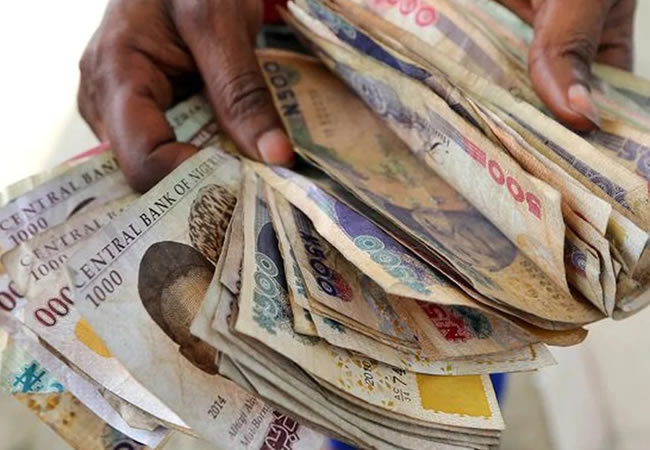The Nigerian naira fell further as a result of a demand threat in foreign currency markets. Due to a foreign currency shortage in the economy, both the official and parallel markets suffered negative exchange rate movement the day after the Islamic holiday.
The local currency continues to depreciate as a result of a mismatch between foreign currency demand for imports, purchases for the private sector, and individual demands and supply.
The Nigerian naira fell by 2.68% versus the US dollar at the investors’ and exporters’ currency window, ending at N775.31, according to statistics from the FMDQ website. Despite the news of the new Central Bank of Nigeria (CBN) Governor’s confirmation, the Naira saw increased demand pressure across the major FX markets.
Also, at the parallel market, the local currency depreciated by 0.80% to close at another new low of N1,008, according to channel checks. Some traders said they have less and less foreign currency each day to meet rising demand from invisible users.
MarketForces Africa Research noted that the nation’s external reserves plunged marginally, closing at $33.261 billion at the time of writing on Thursday.
In the commodities market, West Texas Intermediate (WTI) crude oil futures eased slightly to $90.05 per barrel on Thursday as traders took profit amidst other macros around oil price oscillation.
The Brent Crude closed at $93.17 per barrel on the back of bargain hunting and interest rate worries. For the naira, analysts remained bearish, saying there is no respite in sight.
The CBN participation at the Investors and Exporters Fx window has been weak. The apex bank decision was not unconnected to the recent devaluation of the local currency.













